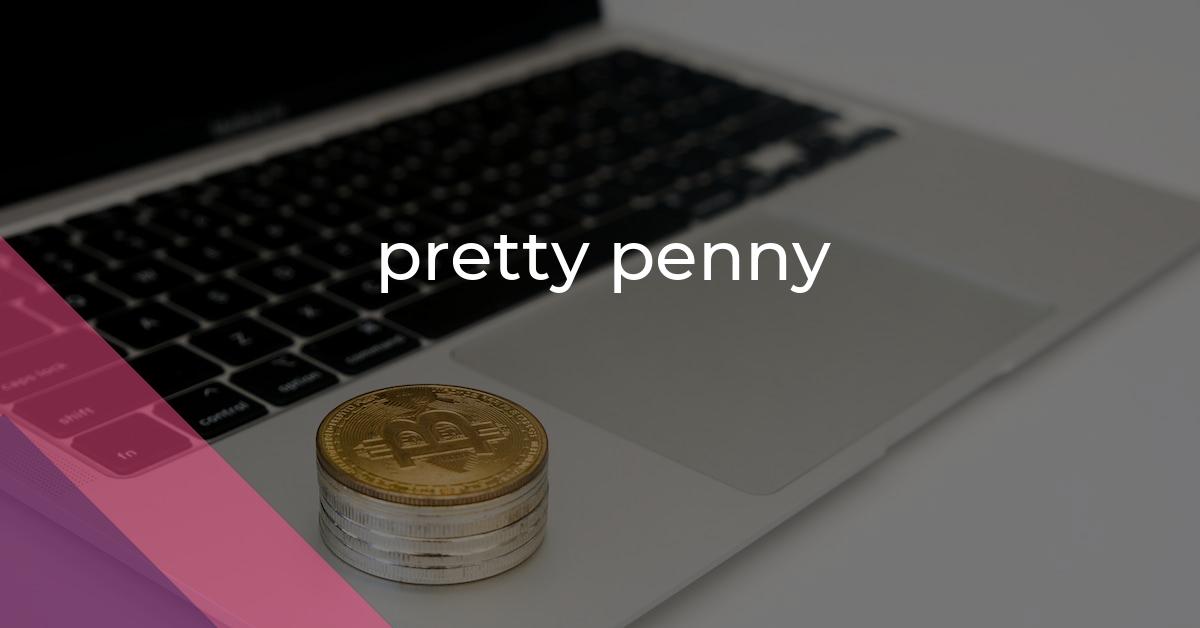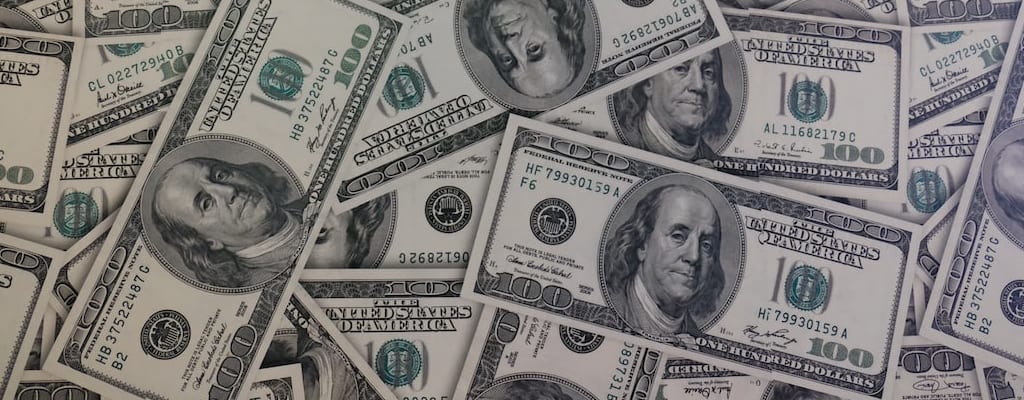pretty penny: Idiom Meaning and Origin
What does ‘pretty penny’ mean?
The idiom "pretty penny" means a significant or large amount of money. It is often used to emphasize the high cost or value of something.

Idiom Explorer
The idiom "quite a bit" means a large or significant amount. It is often used to emphasize the extent or quantity of something.
The idiom "pin money" refers to a small amount of extra money that is earned for personal use or personal expenses.
The idiom "penny wise and pound foolish" means being frugal with small expenses while being wasteful with larger ones.
The idiom "penny for your thoughts" is a way to ask someone what they are thinking or feeling, usually when they appear to be lost in thought or deep in contemplation.
The idiom "pennies on the dollar" means to buy or sell something at a significantly discounted price, usually much lower than its actual value.
The idiom "pay through the nose" means to pay a very high price for something, often more than is considered fair or reasonable.
The idiom "on the money" means to be exactly correct or accurate.
The idiom "on someone's dime" means that someone is paying for something on another person's behalf, usually referring to expenses or costs. It implies that someone else is covering the expenses, taking responsibility for the payment.
Unexpected Origins
The idiom "pretty penny" is used to describe something that is expensive or costs a great deal of money. It is often used in the context of making a purchase or spending a significant amount of money on something.
The origin of this idiom can be traced back to the 15th century in England. The word "pretty" in this context means "considerable" or "considerably large." The word "penny" refers to a small denomination of currency, which was a common unit of money at the time. Therefore, the phrase "pretty penny" originally referred to a significant or considerable amount of money.
Over time, the idiom has evolved to encompass the idea of an expensive purchase. It is often used to emphasize the high cost or value of something. For example, if someone says "I had to pay big bucks for that new car," they are indicating that the car was quite expensive.
The idiom "big bucks" is a related idiom to "pretty penny" and is used to describe a large amount of money. It is often used in a casual or colloquial context to convey the idea of a substantial expense or cost. The use of "big bucks" in conjunction with "pretty penny" highlights the expensive nature of the purchase.
The idiom "pretty penny" continues to be used in modern English, particularly in informal or colloquial speech. It is often used in everyday conversations and media to convey the idea of a substantial expenditure or expense.
Another related idiom is "pennies on the dollar", which is used to describe something that is purchased for a significantly reduced price or at a bargain. It suggests that the cost of the item is only a fraction of its actual value. When used in conjunction with "pretty penny," it implies that the purchase was not only expensive but also worth the investment.
Similarly, the idiom "money's worth" is used to describe the value or benefit received in exchange for money spent. When someone says "I got my money's worth," they are expressing satisfaction with the value of the purchase. In relation to "pretty penny," it suggests that despite the high cost, the item was worth the investment and provided a satisfactory return.
The idiom "pin money" is another related phrase that refers to a small amount of money, typically earned by women for personal expenses. While it has a different connotation than "pretty penny," it highlights the varied ways in which money is valued and used.
On the other hand, the idiom "not worth a dime" is used to describe something that has little or no value. It implies that whatever is being discussed is not worth any amount of money, let alone a significant amount. When used alongside "pretty penny," it creates a juxtaposition, highlighting the contrast between something valuable and something of little worth.
While the exact origin of the idiom is known, its continued usage and popularity speak to the enduring fascination with money and its value in our society. It reflects our cultural mindset of placing importance on material wealth and the desire to spend or acquire things of value.
The idiom "pretty penny" has its roots in 15th century England and originally referred to a considerable or large amount of money. It has evolved over time to depict something expensive or of significant value. Its usage today highlights our ongoing preoccupation with money and the role it plays in our lives.
Example usage
Examples of how the idiom *pretty penny* can be used in a sentence:
- Buying a brand new sports car can cost a pretty penny.
- She spent a pretty penny on that designer handbag.
- The renovations on their house are going to cost them a pretty penny.
More "cost" idioms



